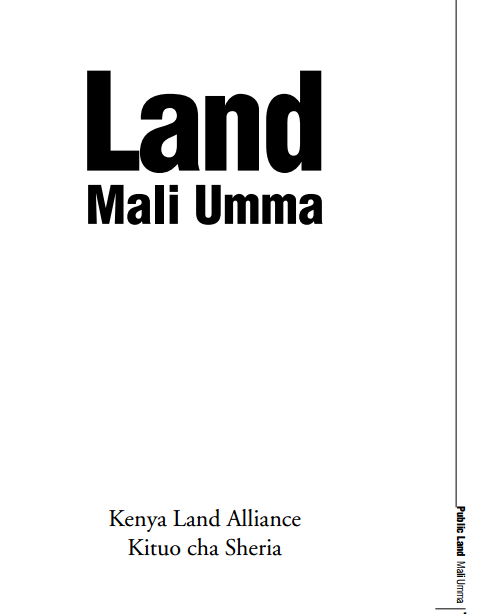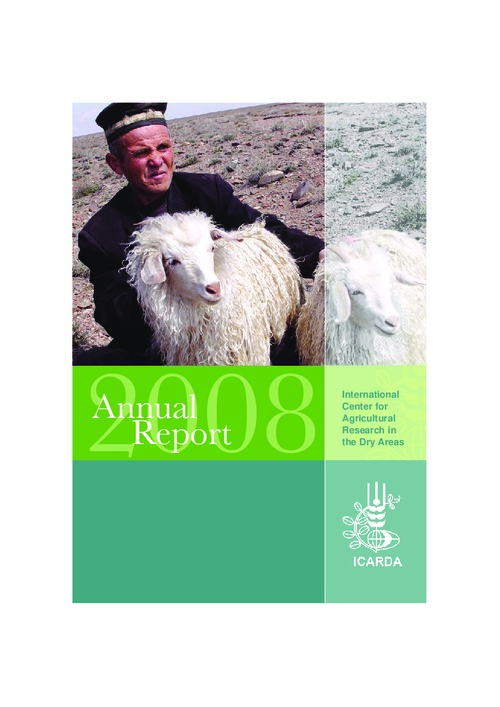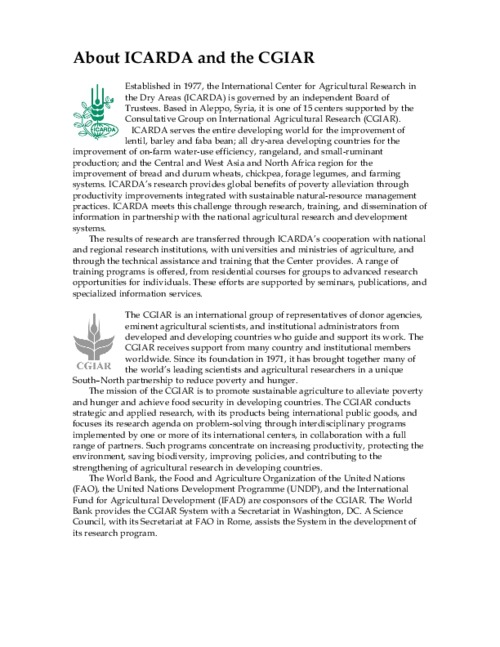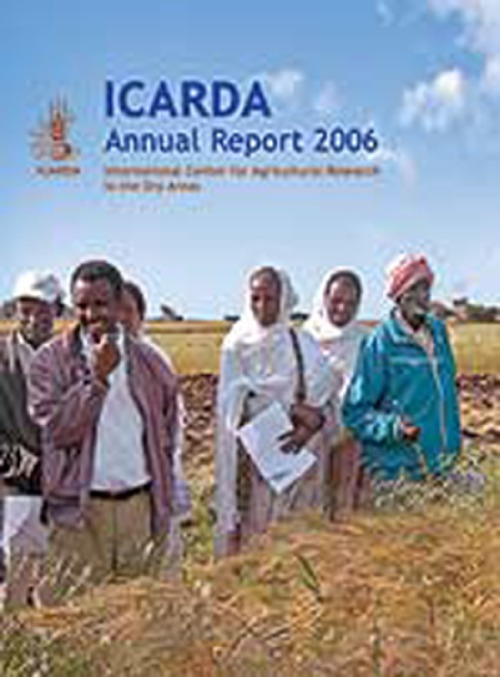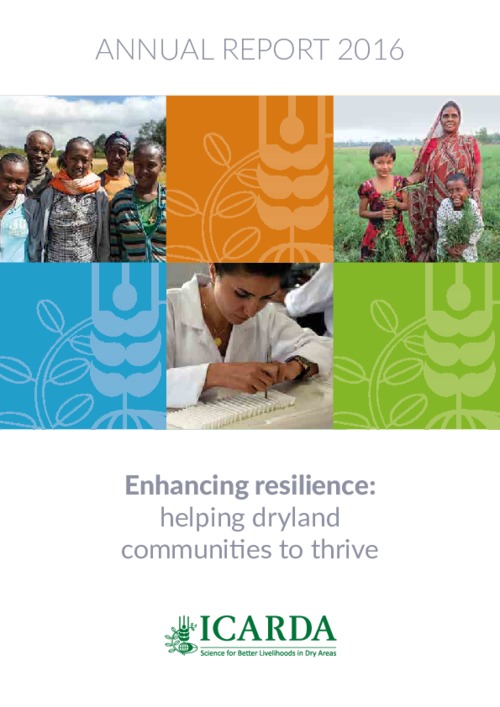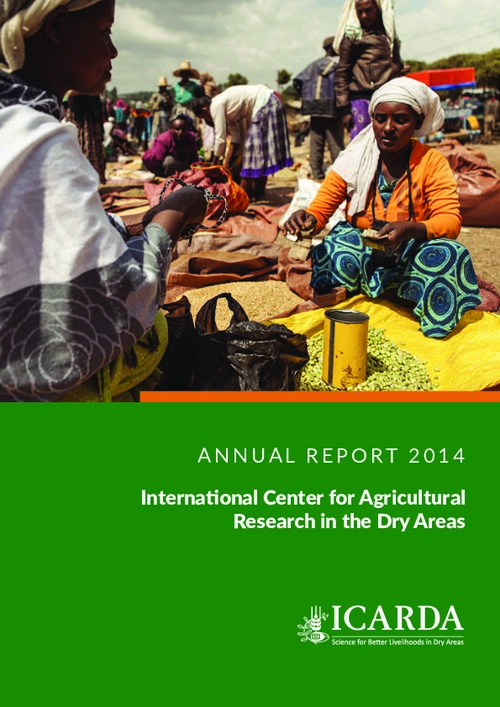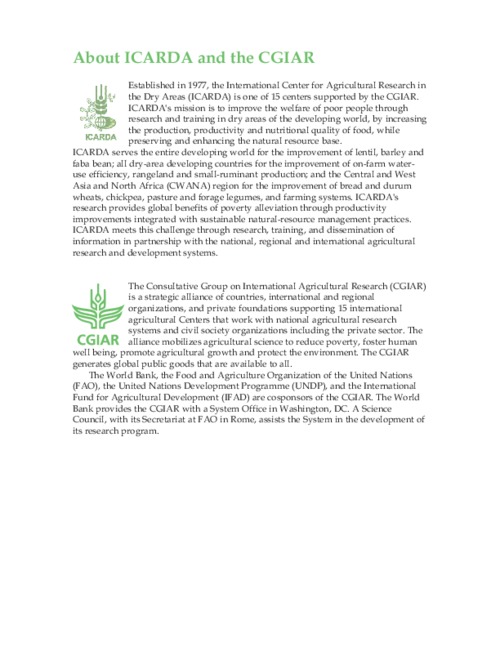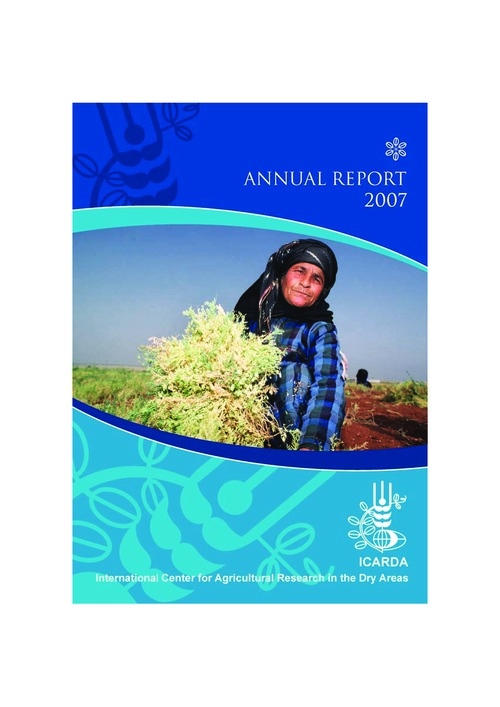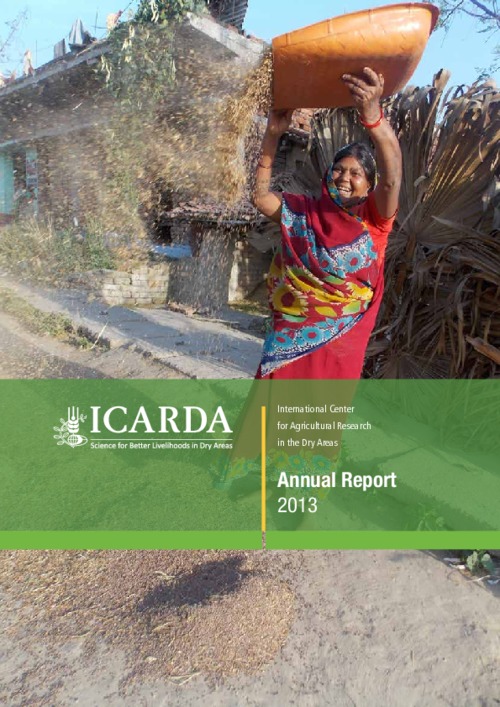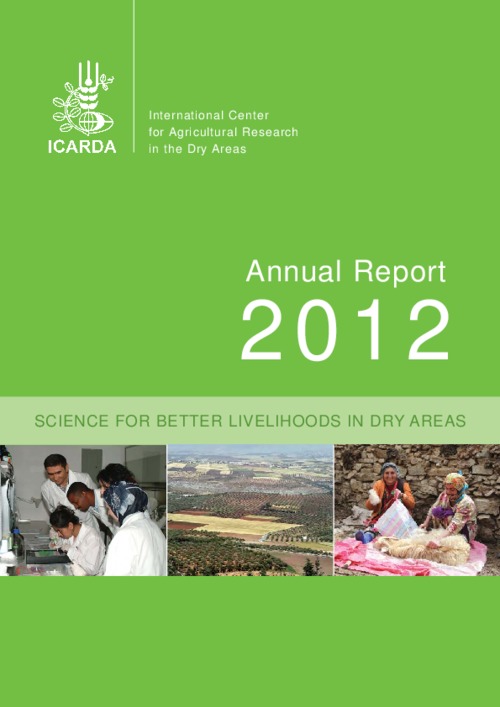Land Mali Umma
For a long time the issue of land and related problems has been debated mostly by academicians, politicians and professionals. Although the problem has remained more or less one of the most talked of in Kenya, the public has very often been left out of the debate. Again mostly the debate has been dominated more by complaining about either the lack of policy or the bad land policies and laws and the failure by successive governments to correct those problems.

